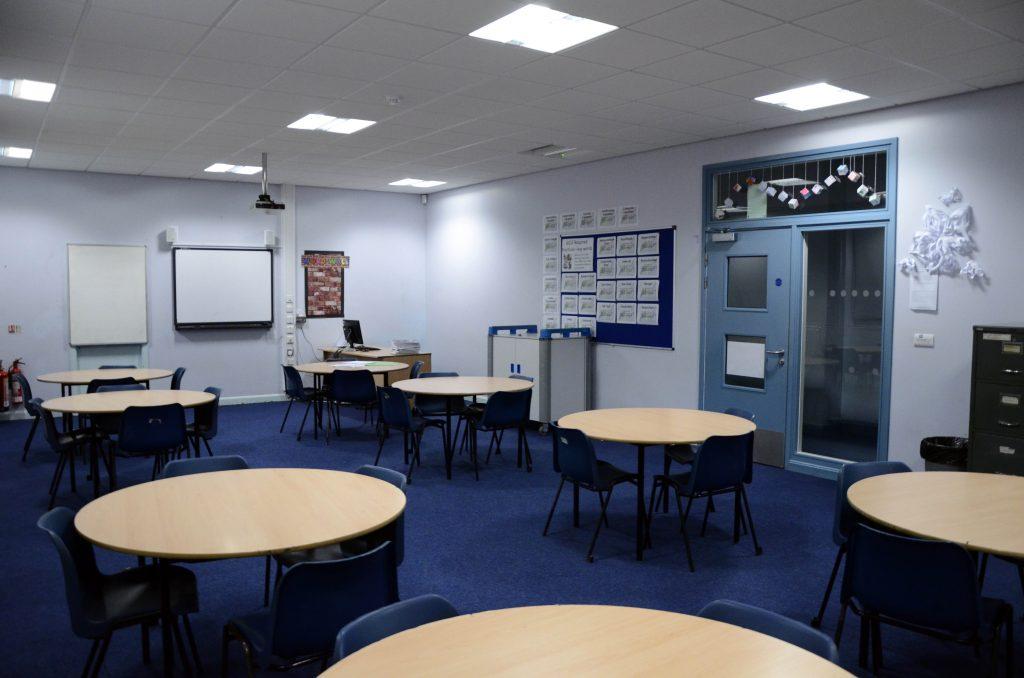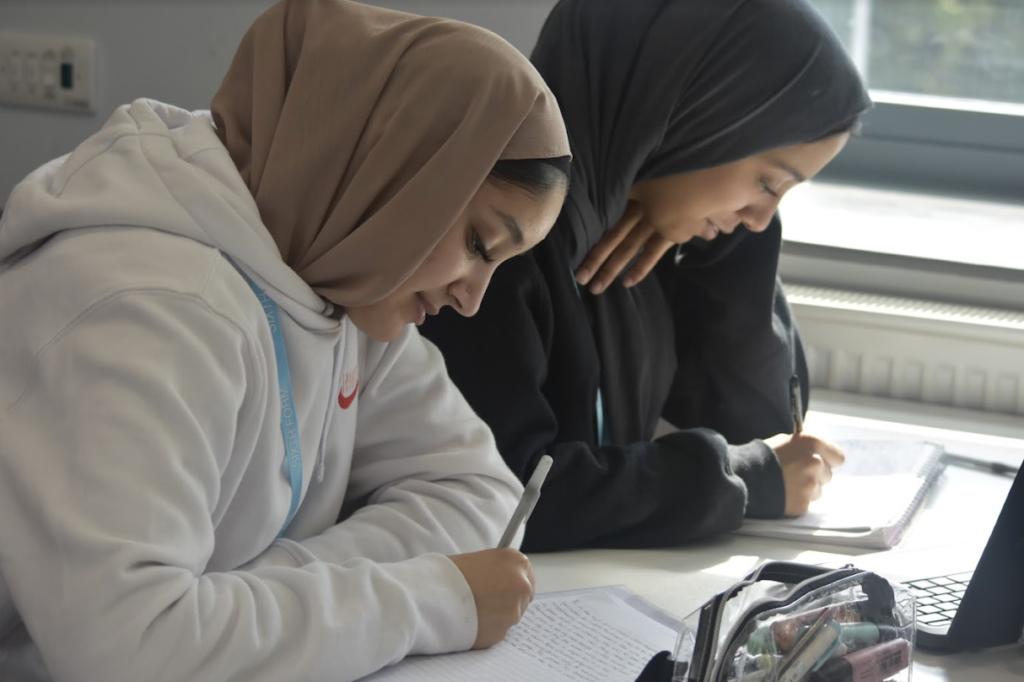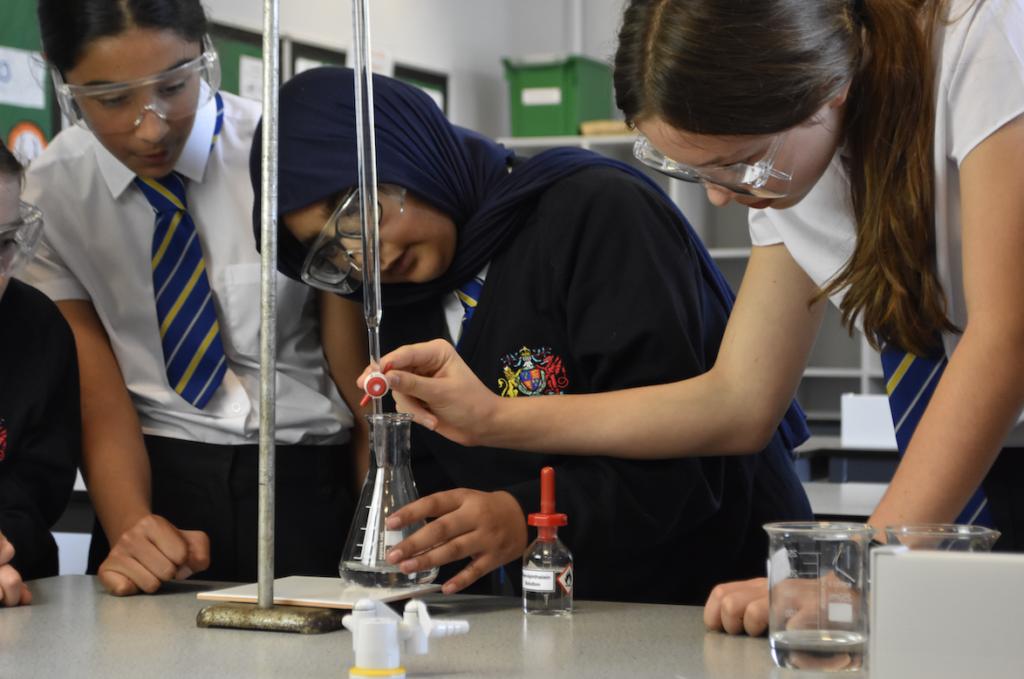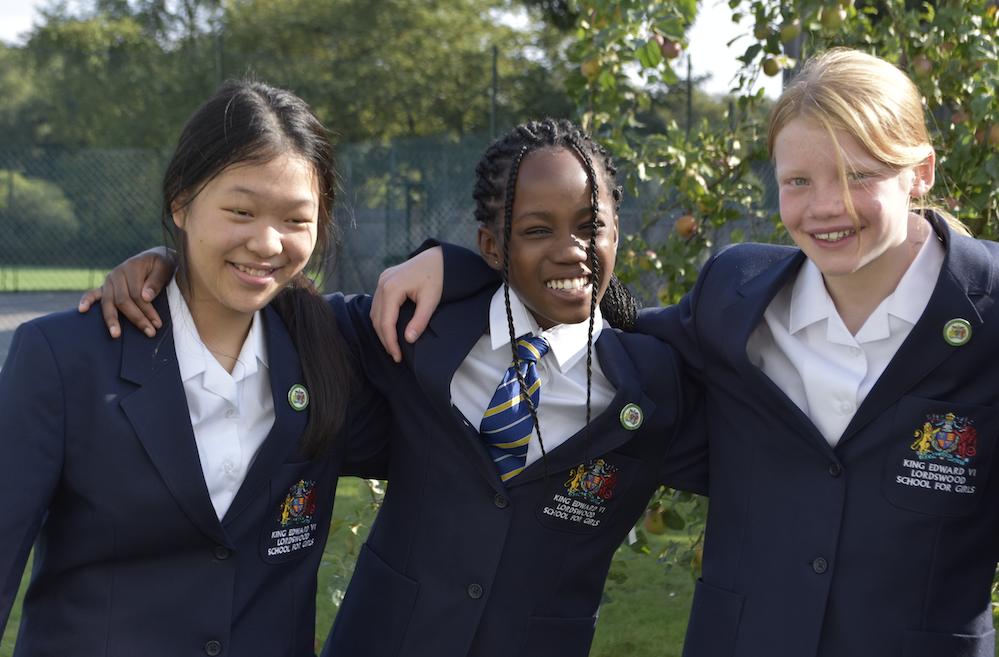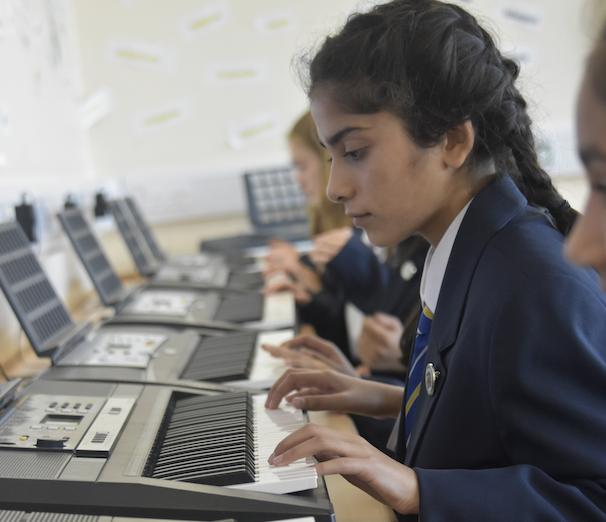The geography curriculum at King Edward VI Lordswood School for Girls is firmly rooted in geographical knowledge. We equip students with the knowledge required to become global citizens, enabling them to critically engage with significant global issues and debates. Our curriculum fosters a love of learning that encourages students to pursue their geographical education and ‘think like a geographer’. As a result of studying geography, learners are able to challenge stereotypes and bias. They are able to make links between a variety of concepts and understand the impact of human-environment interactions. Students will also have strong locational knowledge, enabling them to make links between places, ranging from the local scale to the global scale.
As students get better at geography, they will be more able to make connections between different locations. They will be able to apply their understanding to unfamiliar contexts and increasingly abstract concepts. The independence of learners also increases as they progress through the curriculum. This is especially apparent when conducting fieldwork in geography.The curriculum is designed to progress in terms of breadth, depth and complexity of content covered as pupils move from KS3 all the way up to KS5. Key geographical ideas and concepts are revisited throughout the curriculum, ensuring that students are able to embed their prior knowledge through the application of it at a different scale or in a different location.
Pupils study both human and physical geography through key concepts such as place, space, environment, scale and interactions between people and the environment. These are studied at a variety of spatial and temporal scales. We follow the National Curriculum for geography, building upon the knowledge that students have gained during KS1 and KS2. Our case studies and curriculum content are carefully chosen to reflect the diverse nature of our student population at King Edward VI Lordswood School for Girls. For example, at KS3, we study China and India to allow students to draw on their prior knowledge and heritage.
By the end of Year 11, learners will have studied six topics, encompassing both human and physical geography concepts, and covering the UK as well as the wider world. Case studies are planned into the curriculum to support students’ understanding through real-world examples from a variety of places. Students will be aware of GIS and its applications in society and careers. They will have built upon previous knowledge of mapping techniques to apply them with greater independence and in more complex situations. In addition, learners will have completed a variety of fieldwork experiences. This will include both human and physical research questions in contrasting environments, enabling students to use a variety of data collection and analysis methods.
By the end of Year 13, learners will have completed at least four fieldwork experiences in contrasting locations. Students will use a variety of sampling techniques and data collection methods, followed by a variety of data presentation and analysis techniques. This includes methods of statistical analysis. Students will have completed an independent investigation into a research topic of their choice, using the fieldwork methods learnt throughout the curriculum. Students will have a firm understanding of maps and GIS, including the ability to create their own GIS using mapping software.

